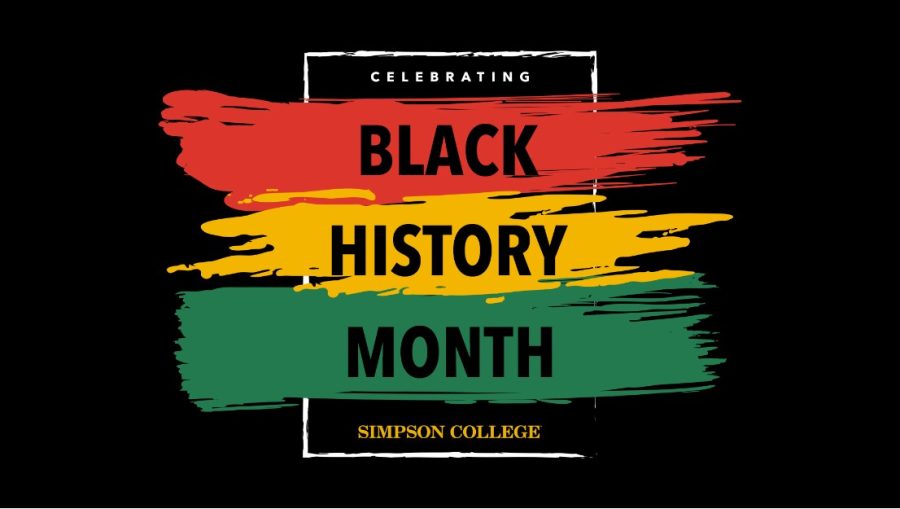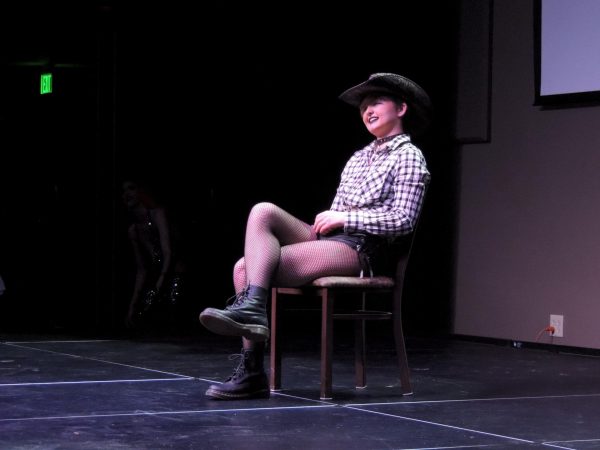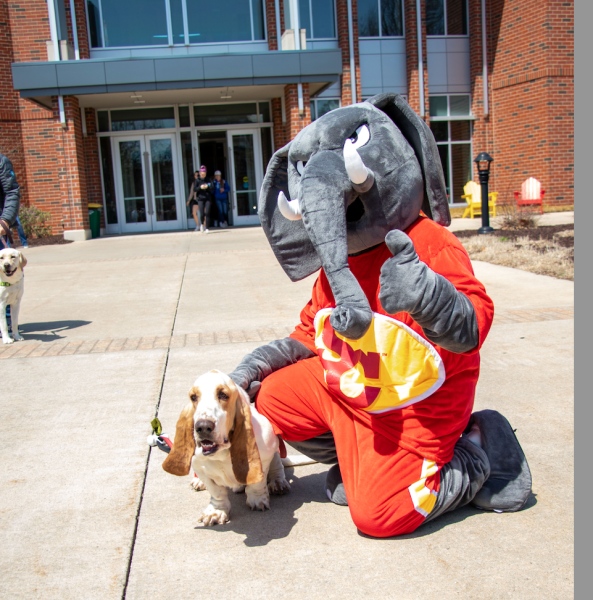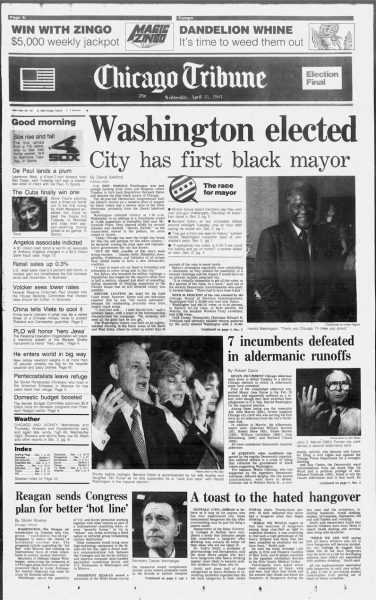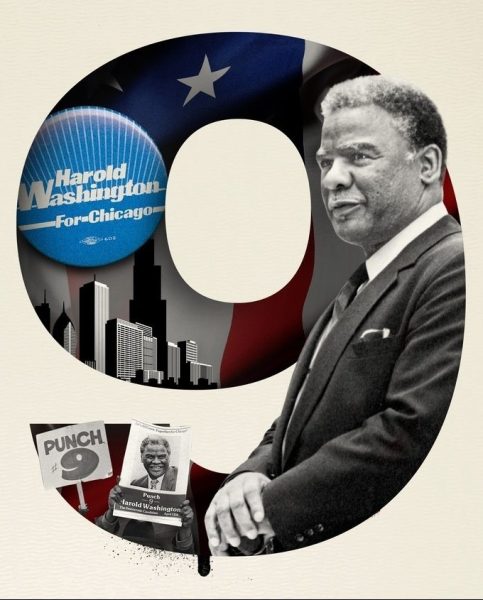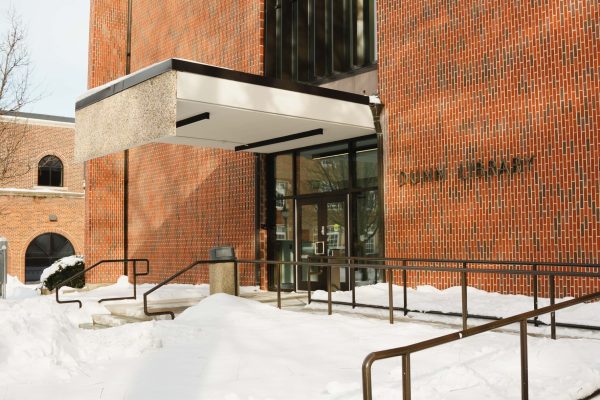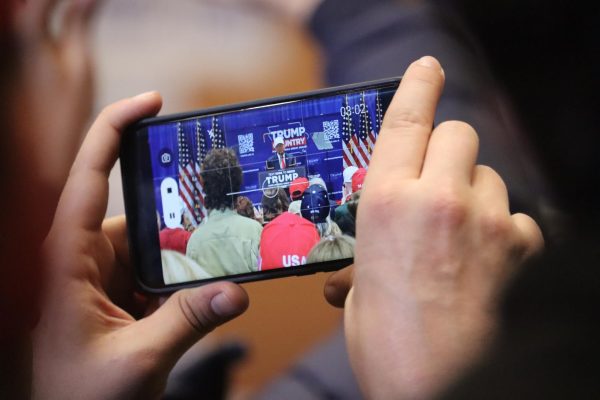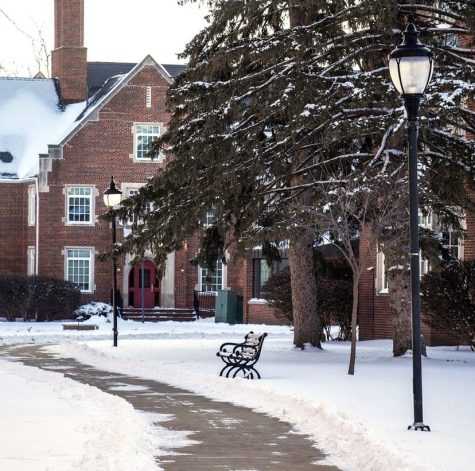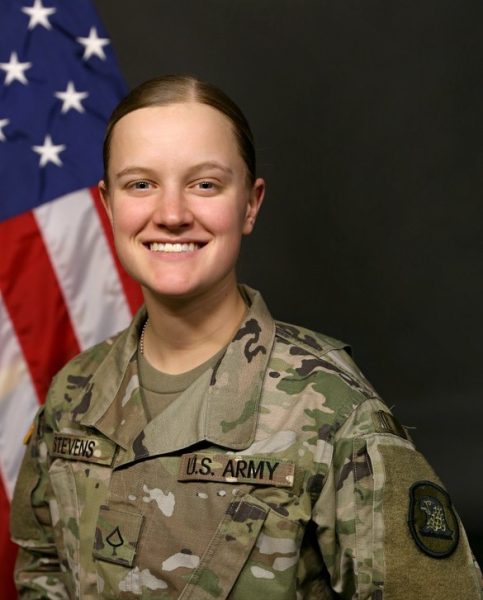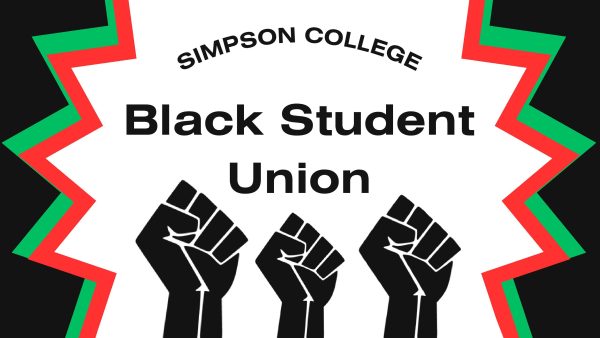Black History Month at Simpson
February 15, 2023
Black History Month is a celebration of achievements by African Americans and a time for recognizing their central role in the history of America. A group known today as the Association for the Study of African American Life and History (ASALH) sponsored a national Black History Week in 1926, and chose the second week of February to coincide with the birthdays of Abraham Lincoln and Frederick Douglas. Over many decades this has developed into the month-long celebration the country is familiar with today.
Going back 36 years before that, George Washington Carver was beginning his historic and influential career at Simpson College. He attended the college for a one-year stint, studying art and piano before transferring to Iowa State Agricultural College in Ames.
Simpson partnered with the city of Indianola to host a series of events on campus commemorating George Washington Carver Day on Feb. 1. This is the beginning of a month-long list of events dedicated to celebrating Black History Month.
The schedule was filled with events such as diversity in STEM activities, a guided tour of Carver-related sites in Indianola and a presentation by Linda Griffith Smith on the story of George Washington Carver.
The day brought many visitors to Simpson’s campus and the events were covered by local news stations WHO 13 and We Are Iowa Local 5.
Various organizations on campus are responsible for setting up and running these events to celebrate Black History Month. The office of Multicultural and International Affairs played a role in organizing George Washington Carver Day.
Tisha Carter-Smith is the associate director of the organization and shared her thoughts on how George Washington Carver Day went, as well as what to expect for the rest of the month.
“I’m absolutely tickled for the things in which I had control over. I am so beyond proud of what we were able to accomplish,” Carter-Smith said. “We had some really positive press, we had some great speakers that shared their expertise and lent their time and resources to help make the day special.”
This was the inaugural George Washington Carver day after Governor Kim Reynolds signed legislation last year that made Feb. 1 a day of remembrance for Carver.
The next event scheduled for Black History Month is the Center St. Discussion with Dr. Madison Deshay on Feb. 17 at 5:30 p.m. in Black Box. This event is about a thriving African American district in Des Moines that was destroyed for the construction of I-235 in the 1950s. Carter-Smith also had a hand in the planning of this event.
“When it comes to finding speakers, sometimes it’s ideas that are given to me, so for example, when it comes to Center Street, that was something that Keyah Levy was aware of,” Carter-Smith said.
Carter-Smith has a special connection to this because she had relatives living in the area during the time people were forced to move out of their homes.
“Center Street is something that I initiated, but the Iowa History Center and the Culver Center are collaborating with me on it. That event is going to be virtual and I’m excited. It’s exciting to me personally, because my family’s history is connected to Center Street,” Carter-Smith said. Her great-aunt and aunt were part of the group that was forced out.
The next event scheduled is guest speaker Dr. Michael Benitez who will speak on Feb. 27 at 6 p.m. in Hubbell Hall to discuss global Blackness and much more. He is a nationally-acclaimed scholar, practitioner and educator in the field of diversity, equity, and inclusion in higher education.
Finally, Carter-Smith mentioned what it means for her to have a role in the organization of these events.
“It’s very exciting because when we commemorate a day or month, not only are we trying our best to make students of various identities feel accepted and seen, but I think it adds to the culture of the campus and that’s the part that I like; being able to add that element to the campus climate.”
These events are held to learn more about the importance of African Americans in history, celebrate diversity, and bring unity to campus and the country.



